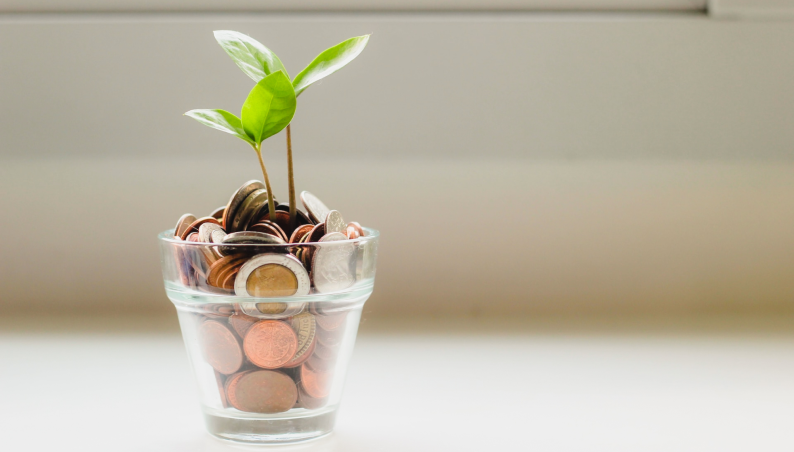Restaurants, hospitals, and grocery stores have all expanded, climbing to 57.3% in February from 55.5% according to a survey conducted by the Institute for Supply Management. While growth in certain sectors is a direct result of the coronavirus, it’s still quite notable because it’s happened at the fastest pace within a year.
In a recent poll, economists predicted a 54.8% reading. Any number over 50% is considered positive for the economy and anything above 55% is viewed as exceptional.
While the service-oriented companies which attain the majority of their sales within the U.S. have been shielded from the China trade fight, the coronavirus itself is a completely different issue. The viral outbreak has drastically affected other industries like, tourism, transportation, as well as, most travel-related businesses with others expected to feel the effect.
Executives within the health-care industry have expectedly seen a shortage of PPE (personal protective equipment) and related products typically sourced from China which includes, face masks, and gloves. The sudden hand sanitizer shortage from the pharmacy and retail shelves have prompted people to make their own home version using aloe vera gel and isopropyl alcohol solution. This is making the demand for such items sky high and could mean US manufacturers to see upticks in the production of these items here at home.
BOTTOMLINE:
The global spread of the coronavirus is certain to slow down and disrupt the economy over the next few months. It will affect global supply chains and make it harder overall, for companies to conduct business as usual. Even the Federal Reserve, in anticipation of a coronavirus-related economic slowdown, cut interest rates in an attempt to inoculate the US economy from it. “Clearly the Fed is alarmed by the risks posed directly by the coronavirus, but also indirectly via the panic that took hold of financial markets last week,” said Aberdeen Standard Investments Senior Global Economist, James McCann. “If left unchecked, this explosion in financial stress could have threatened the cycle. This step should provide some comfort to markets, boost borrowers, and help support confidence.”
The extent of how hard the coronavirus will slow the economy down ultimately depends on the extent to which businesses cut back on the operations side and what other restrictions are imposed. Containing the virus is the best possible option but beyond that, it is virtually impossible to predict.
Table of Contents
Related Articles
Edison Partners Leads $115M Growth Investment in Fingercheck
New capital infusion and appointment of highly experienced CEO to accelerate growth of end-to-end deskless workforce management platform. NASHVILLE, Tenn. & PRINCETON, N.J.–Growth equity investment…

Fingercheck Announces Integrated Work Opportunity Tax Credit Service, Powered by WOTC.com
Fingercheck Clients Are Now Able to Leverage Lucrative Federal Hiring Credits BROOKLYN, NY, July 17th, 2024 – Fingercheck, is excited to announce the launch of…

Project W: Q&A with Tiffany Haynes, COO of Fingercheck
Tiffany Haynes, the Chief Operating Officer of Fingercheck, is a recognized leader in the fintech sector. Not only does she run a rapidly growing company, but…
Stay in the loop
Get all the latest Payroll, Scheduling, and Time Tracking tips for your deskless workforce.